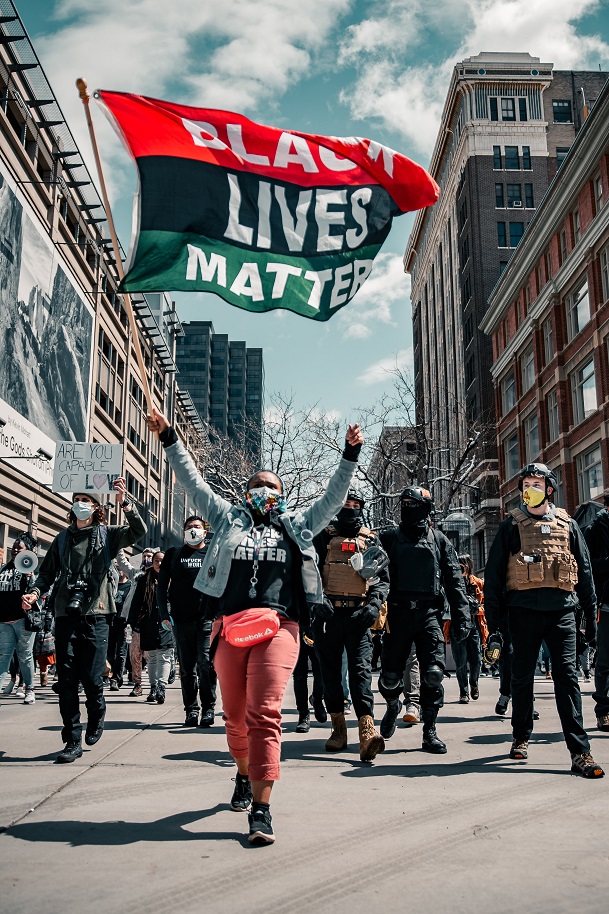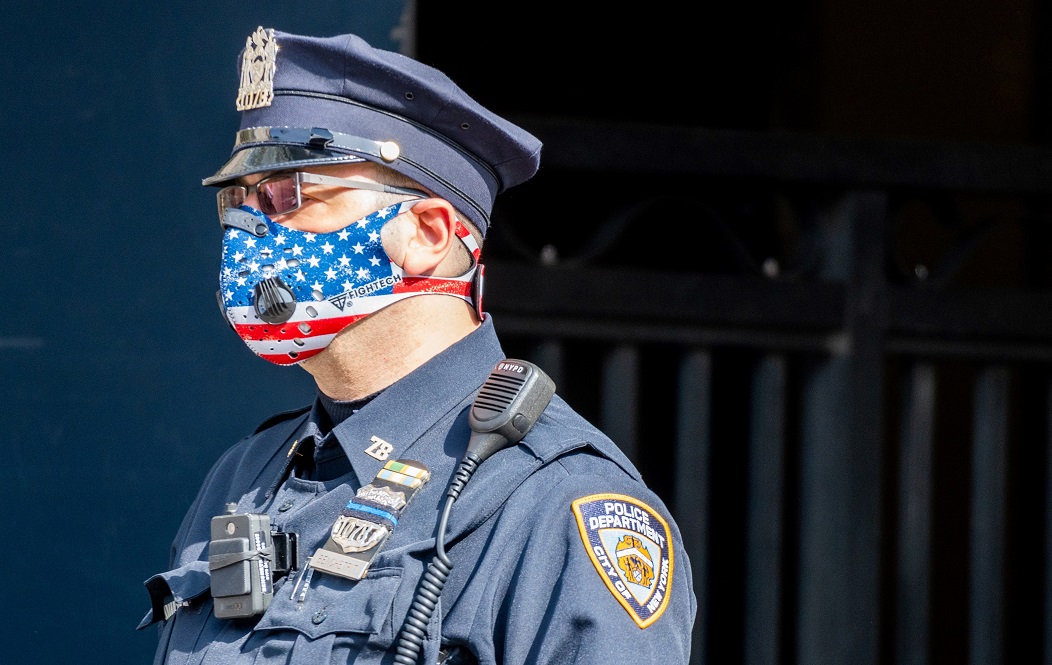Who wants to be a police officer anymore? Not as many people as before 2020, it turns out.
Who wants to be a police officer anymore? Not as many people as before 2020, it turns out. Police departments across the country are having significant difficulties recruiting new officers, and the reasons why are quite telling.
According to a 2021 survey by the International Association of Chiefs of Police, 78% of law enforcement agencies are having trouble finding qualified job candidates and 65% don’t have enough applicants for the job. A 2022 survey by the Police Executive Research Forum found that 18% more officers quit and 45% more retired (often early) in 2020-2021 than had in 2019-2020. Further, in the last two years, COVID has killed more police in the line of duty than any other cause. Replacing those LEOs is becoming a real challenge in a changing political and social environment.
As the old guard shuffles off, departments seeking their replacements are going to have to find ways to woo Millennials and the leading edge of Gen Z. Good luck with that. Older generations came from a culture that expected people to give their lives to their job, even if it meant sacrificing time with family, social connections, sleep, and their mental and physical health. While Boomers and, to some extent, Gen X may be willing to forego work/life balance to be a police officer, younger generations are questioning the wisdom of giving so much of themselves for any job, let alone one with such dubious social value to them as enforcing the will of the State with violence.
Policing is also changing as society and technology change. Perhaps in the 1950s “Leave it to Beaver” days (or in the imagination of those who believed that America to be greater than the present one), police could mete out retribution directly upon perceived miscreants without having to face protests, paperwork, investigations, or even the possibility of jail time in the post-George Floyd era. There’s also much more training needed to be a police officer nowadays, from new technology like body cameras and electronic control devices, to the social aspect of policing, such as cultural awareness of the communities they serve, conflict de-escalation, and respecting the rights of the accused.

In Minnesota, the state where Minneapolis officer Derek Chauvin was convicted of murder for kneeling on George Floyd’s neck as he begged for air until he died, state efforts to clean up the force are turning into a teachable moment in the context of community and cultural awareness. For the last couple years, the Minnesota Board of Peace Officer Standards and Training (POST) has been considering multiple rule changes for the way new officers are screened and licensed, some of which were adopted last month.
Key changes in Minnesota include screening potential officers for membership in white supremacist or hate groups, having posted such material on social media, or having provided false testimony that a prosecutor was required to disclose in court (“Brady/Giglio disclosures”). Such reforms should go a long way toward building public trust. However, one might expect that someone endeavoring to be a police officer would have long been blocked due to a history of lying to gain a conviction or outright bigotry toward members of the community that they’re supposed to serve and protect (or at least treat in a fair and unbiased manner). Law enforcement associations in Minnesota came out against the proposed changes, saying that holding officers to such standards will hurt recruitment and retention.
That’s saying the quiet part out loud, isn’t it?
Happily, some departments are using the recruitment crisis to press for much-needed reforms in a culture that is otherwise resistant to change. While old school departments are trying to lure the same old school candidates with juicy, multi-thousand dollar signing bonuses, others are changing to meet younger generations by loosening up policies on hairstyle, tattoos, poor credit ratings or even past records for marijuana use. Others are increasing their outreach, encouraging women, people of color, the LGBT+ community, and grooming middle schoolers to one day take up the badge in an effort to match the demographics of the neighborhoods they patrol. A study that came out in 2021 found that in Chicago, Black and Hispanic officers used less force and made fewer stops and arrests than white officers, while female officers used force less than males across all demographics.
Even better, instead of requiring the police to be all things at all times for all emergencies, some cities are hiring social workers to respond to mental health crises instead, or starting community policing programs to handle situations in which keeping the peace doesn’t necessarily require the immediate arrival of potentially lethal force wielded by armed men.
Generational change is coming to police departments which are already reeling from COVID, growing equality for all Americans, intolerance of bigotry and a population that no longer fits the rigid social mold of the last century. What it means to be a police officer should change with the times as well. Departments redefining themselves and innovating ahead of the curve will do better than the dinosaurs still stuck in the 1950s – or the 1850s.
Related: What Defunding the Police Really Means


Join the conversation!